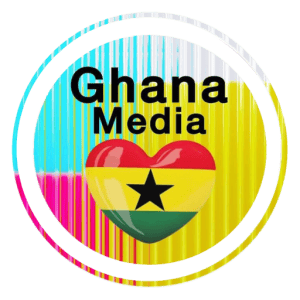Accra, Sept. 3, 2025. The Ga Mantse, King Tackie Teiko Tsuru II, has issued a directive that starting from the next academic year, all schools within the Greater Accra Region will be required to teach Ga and Dangme languages as compulsory subjects.

The decision, according to the Ga Traditional Council, forms part of renewed efforts to preserve indigenous languages that have been steadily losing prominence among younger generations in the capital. The Ga Mantse emphasized that language is central to cultural identity and that its neglect threatens the survival of Ga-Dangme heritage.
Speaking at a cultural durbar in Accra, King Tackie Teiko Tsuru II stressed the urgent need to instill pride and fluency in the native tongues among schoolchildren. “Our children must not grow up strangers to their own language. Ga and Dangme must live on, not only in our homes but also in our classrooms,” he declared.
The Ministry of Education and the Ghana Education Service (GES) are expected to collaborate with the Traditional Council to ensure a smooth rollout. Plans include training more teachers, updating language syllabi, and producing new learning materials to support effective teaching.
Parents and stakeholders across Accra have reacted positively to the announcement. Some parents believe the move will help balance cultural preservation with formal education, while others see it as a way of strengthening the identity of Ga-Dangme youth in an increasingly globalized society.
Educational experts, however, have urged government and traditional authorities to provide adequate resources, warning that enforcing the directive without preparing teachers and schools could pose challenges.
The Ga Mantse’s directive comes at a time when many Ghanaian languages are at risk of erosion, as English dominates communication in urban centres. By placing Ga and Dangme at the heart of formal education in Accra, the Ga Mantse hopes to revive, protect, and pass on the linguistic heritage of the Ga-Dangme people to future generations.
If successfully implemented, the initiative could serve as a model for other regions of Ghana, encouraging the teaching of indigenous languages nationwide.
Discover more from Ghana Media
Subscribe to get the latest posts sent to your email.









